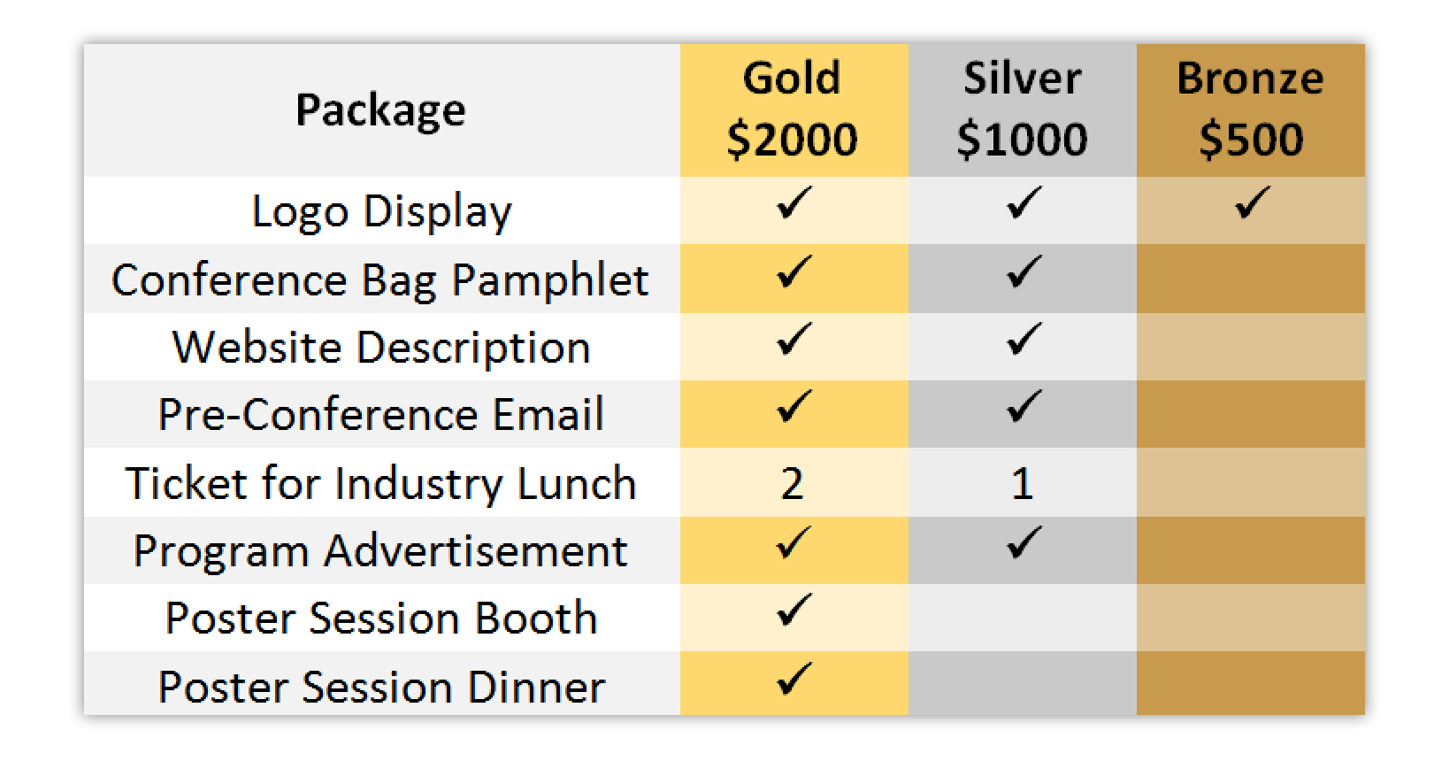4 Things to Consider When Picking an Event to Sponsor
Over 40% of marketers believe that events are the single best marketing channel on the planet. But, you don’t have to throw your own events to tap into the event marketing stream.
Sponsoring events is a great way to get your brand in front of tons of attendees without having to worry about hiring event planners and putting together your own shindig.
But, how do you know if the event you’re picking is the right one? Sure, over 50% of B2B organizations are spending over 20% of their marketing budget on events. But, there are millions and millions of events to choose from. You have options! Here’s what you should keep an eye out for.
What does it mean to be an event sponsor?
This question may seem a little strange. Being an event sponsor is pretty simple, right? You give them resources (e.g., goods, services, and cold, hard cash), they give you branding and exposure, and both of you walk away happy. Well... ideally. Here’s the problem — being a sponsor is about a lot more than just throwing money at an event and running away with a marketing ROI.
You need to pick an event that fits with your culture. There has to be a “spark.” Otherwise, you’ll be throwing your money at a target and hoping some of it sticks, with little luck.

How do you know if an event has the right...spark?
When choosing your event, look at four things:
- target audience
- culture fit
- past sponsors
-
sponsorship packages
1. Target Audience
Did you know that 74% of people that attend events are more likely to buy products from the sponsor of said event? That’s powerful stuff. Now, imagine that your company sells guitars, and you’re sponsoring a TED Talk on being vegetarian.
Do you see the problem?
You just took the amazing potential (3/4ths of people!) and turned it into a nearly zero conversions. Why? Because you just sponsored an event that didn’t have people in your target audience.
Always create a target audience, create buyer’s personas, and start playing with demographics (or firmographics for B2B sponsors) to see how well the audience lines up between the two.
2. Culture Fit
Let’s say that you found an event that was bringing musicians from around the world together. That’s great!
You should throw your money at it immediately, right?
Hold on there! Not yet. What’s the culture of the event like?
If the event has a “cool guitar dudes with flaming t-shirts!!!” vibe, and your brand has a “persistent practice leads to perfect execution“ vibe, you’re not a good fit. Consistent branding across all channels boost bottom-line profits by 23%. Sponsoring an event can even give you negative branding if you do it wrong. Make sense?
3. Past Sponsors
Now, let’s say that the event is for guitarists seeking the most well-tuned, hand-crafted guitars on the market. That’s it! You’ve found the one. Are you throwing your wallet at your screen yet?
Don’t! You have one final hurdle.- How did they treat their past sponsors?
- Did they execute on all of their promises?
- Or, did they leave them high-and-dry? Ask for references and make sure that the event planners are trustworthy.
Once you’ve checked these three things off of your list, it’s time to ask the big question — what do I get out of my sponsorship?
4. Sponsorship Packages
How are they going to sponsor your event?
Will your sign be hanging above the urinal or beamed into their brains using ancient alien space tech? It will be somewhere in between (hopefully!), and there’s a lot of breathing room between those two things. Will they put your sign above guest speakers?
Do they plan on putting your logo on their printed materials? Will they drop brand mentions throughout?
Always ask for a marketing package like the one shown above. See what their overall marketing strategy is, and, if it doesn't work well for you, offer suggestions.
Don’t be afraid to get what you want at this part. The last thing you want is to pour money into an event and see no returns.






